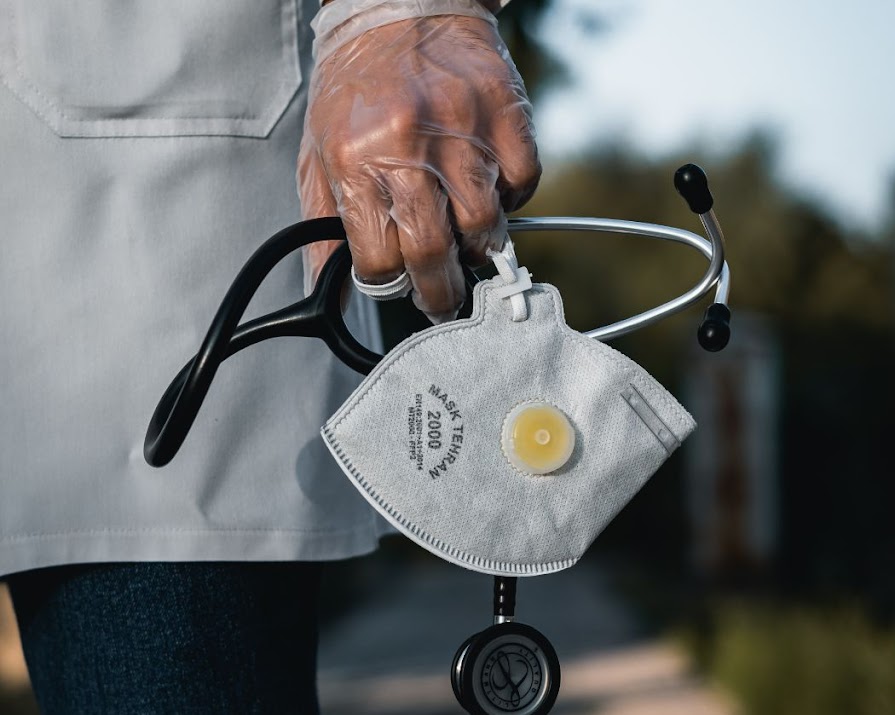Ireland is on alert as rare virus spreads across Europe — but what exactly is monkeypox?
By Sarah Gill
21st May 2022
21st May 2022
The HSE has set up a multidisciplinary incident management team to prepare for the potential arrival of the monkeypox virus in Ireland.
Though there have been no reports of monkeypox cases here in Ireland as of yet, health authorities are on high alert for signs and symptoms of possible monkeypox infections.
Given that the total number of documented cases have reached 20 in the UK, 30 in Spain, and a number have been suspected and identified across several European cities, the US, and Australia, it is believed that monkeypox are likely to be found in Ireland.
WHO Regional Director for Europe, Dr Hans Henri Kluge, has expressed concern that transmission could accelerate over festival season. While previous UK cases were traced back to international travel, the virus is now spreading within communities.
Advertisement
While the Health Protection Surveillance Centre (HPSC) has said that monkeypox is not highly infectious, it pinpoints that it takes close physical contact to spread between people: “Contact with close family members or sexual contact poses the biggest risks of person-to-person spread. The risk of spread within the community, in general, is very low.”
The HPSC have also stated that “the vast majority of [suspected and confirmed] cases do not have a travel link to a country where monkeypox is endemic. Most of the recent cases that have been reported in the UK self-identify as gay, bisexual and men who have sex with men (gbMSM).”
So, what is monkeypox?
A more benign version of smallpox that is usually confined to Central and West Africa countries including Cameroon, Côte d’Ivoire, Liberia, Nigeria, and Sierra Leone, monkeypox is not typically found in humans.
While the original reservoir host — or main disease carrier — is unknown, African rodents and non-human primates may infect people when in close proximity. According to the Centres for Disease Control and Prevention (CDC), there are two types of monkeypox: the Congo Basin monkeypox, which is more severe, and the milder West African monkeypox, which has been spread outside of Africa.
Virality
Speaking to RTÉ Radio One, Professor Sam McConkey of the Royal College of Surgeons in Ireland, said the particular strain of monkeypox in circulation is less transmissible, that there was no reason to panic, and that it “clearly behoves GPs and hospitals to be ready for it.”
The HPSC has stated that monkeypox is usually a self-limiting illness, with most people recovering within weeks and that “severe illness and death outside Africa are extremely unlikely.” However, “severe illness can occur in people with very weak immune systems, and in very small babies.”
Advertisement
Given that most recently reported cases are within the gbMSM communities, the HSE have advised that those who self-identify as gay, bisexual and men who have sex with men be extra aware of any unusual rashes or vesicular lesions on any part of their body, especially if they have been abroad in the last month.
Infection can be spread from person to person through contact with bodily fluids, sexual contact and skin lesions of a monkeypox case.
Symptoms
Initial symptoms of monkeypox include a fever, headaches, back ache, swollen lymph nodes, chills and exhaustion. Within days after the start of a fever, a rash begins to develop on the face, spreading to other parts of the body.
Appearing as raised red spots that turn to blisters and scabs, the rash can also be found in anogenital areas following sexual contact. Monkeypox is not normally a sexually-transmittted infestion, but can be passed on this way.
Images of the rash at different stages can be found on the HPSC website, and people are advised to contact their local STI Clinic or GP if they begin to show signs of symptoms.
Treatment
While there is no medical cure, treatment consists of relieving uncomfortable symptoms, which are said to last from 2 to 4 weeks. The incubation period of monkeypox is usually from six to 13 days but can range from five to 21 days.
Advertisement
In the UK, stocks of the smallpox vaccine are being offered to close contacts of those affected as it may be effective against monkeypox. Spain is currently assessing treatment options including vaccines and antivirals, but all reported cases have been mild and therefore do not require such intervention.























